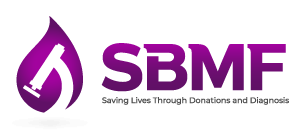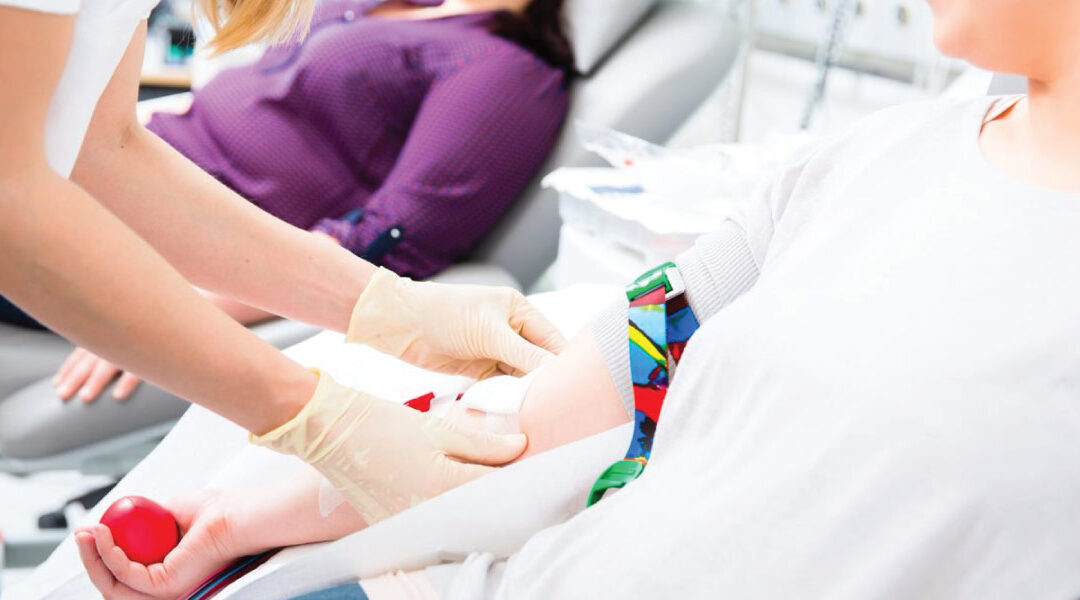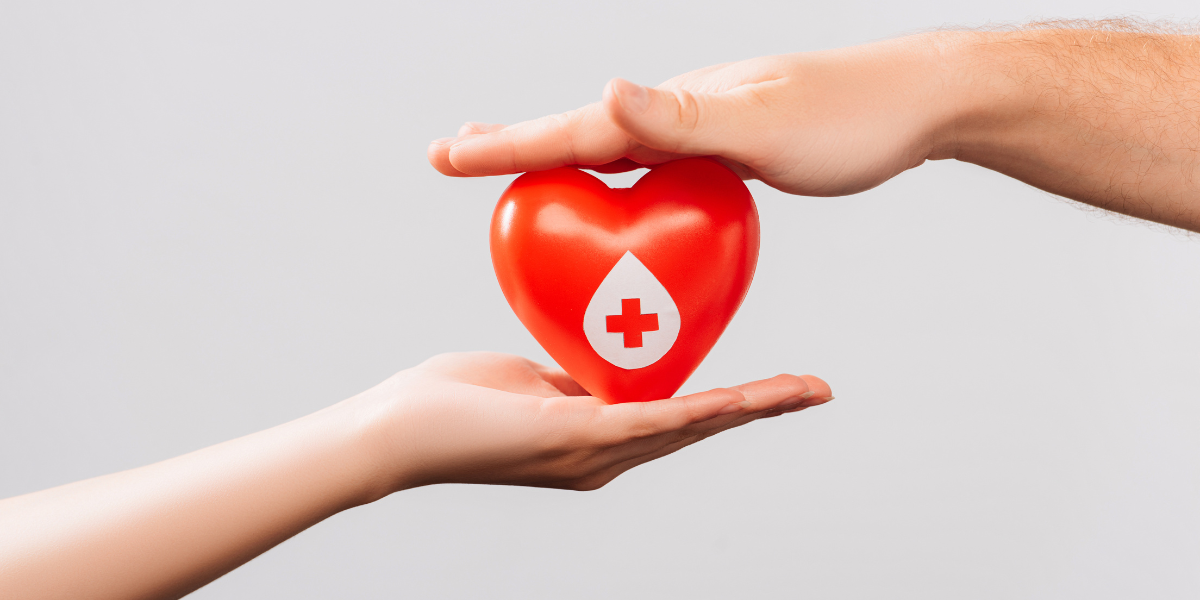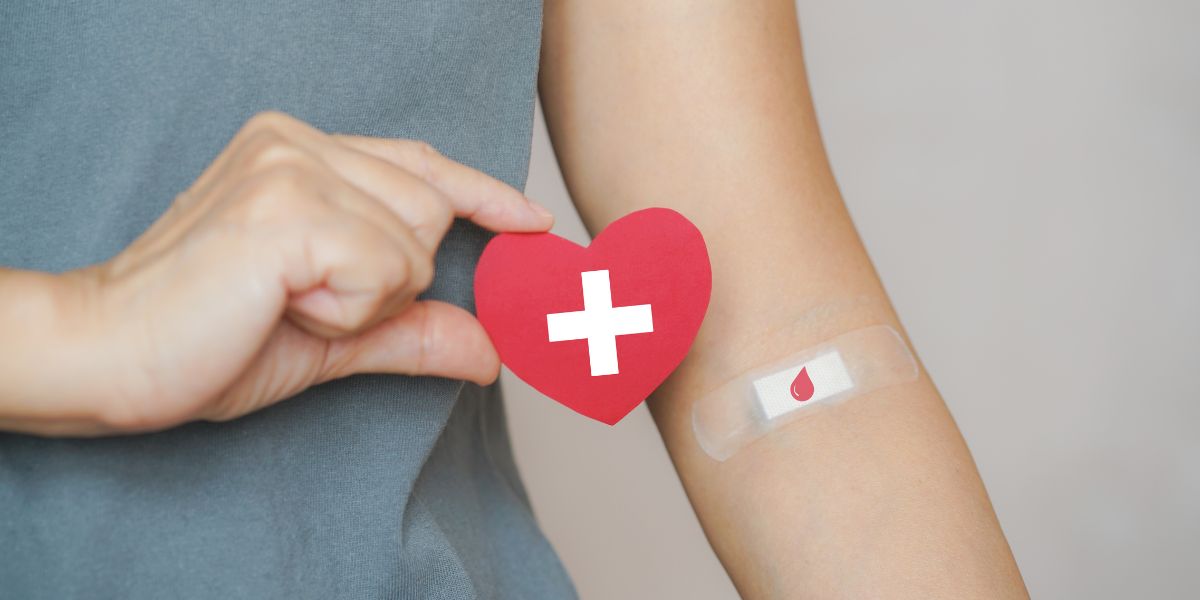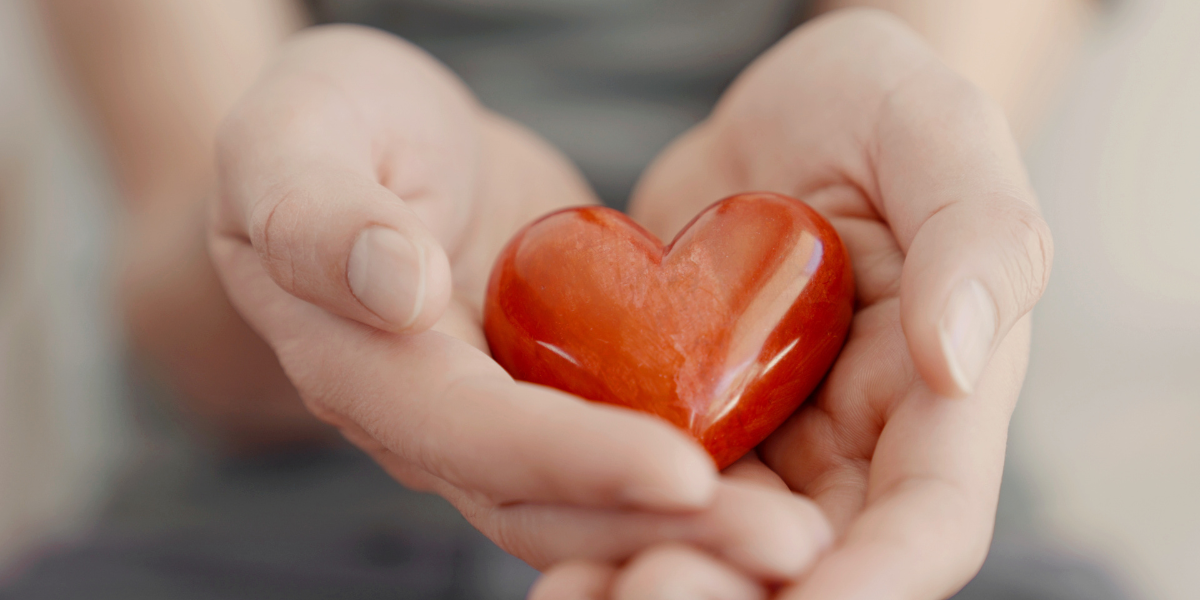You may have heard recently that blood is in short supply and blood donors are greatly needed. Blood donations are essential for hospitals and clinics to provide the care patients need. In fact, every year, more than four million Americans need a blood transfusion. Hearing this, you may be considering donating blood to help those in your community, but there are many questions around donating blood you would like answered. Questions like how long between blood donations do you need to wait? In this blog, we want to answer some of the questions that are commonly asked about blood donations.
Learn More about the Guide to Pathology Click Here
How Long Do I Need to Wait Between Blood Donations?
After you donate blood and you consider how rewarding the experience is, you may find yourself wondering when you can do it again. Now, the answer to this question depends on the type of blood donation you make. In general, the standard time between donations are as follows:
- Whole blood donation: once every 56 days (every 8 weeks). Therefore, you can give a whole blood donation up to 6 times per year.
- Double red cell donation: once every 112 days (every 16 weeks)
- Platelets: Blood platelets can be donated every 2 weeks, which makes it one of the most popular blood donation methods.
Each type of donation is important and helps meet different needs: trauma patients, surgery patients, and even newborn babies can benefit from your decision to donate blood.
Is There an Age Requirements for Blood Donors?
In Indiana, you can donate blood starting at 16 years old with parental consent, and at age 17 without it. This age can vary depending on the state and facility, so make sure to check before signing up to donate blood. There is also no upper age limit for donating blood; as long as you’re healthy, you can donate!
How Long Does It Take to Give Blood?
Donation times vary based on the type of donation. In general, whole blood donation takes about 45 minutes, a double red donation about an hour, and platelet donations 1 ½ to 2 hours.
Can I Still Donate If I Am on Medication?
With most medications, you can still donate blood while taking them just make sure to check with your doctor if you have any health concerns regarding blood donations. For medications that do affect blood donation eligibility check out this chart here.
What About the Influenza/COVID-19 vaccine?
In regards to the Flu shot, as long as you don’t have any symptoms or side effects from the shot (fever, for example) and you meet other donor qualifications, you can donate blood. As it concerns the COVID-19 vaccine, if you’re symptom-free, feel generally well, meet donation qualifications, you can donate, but must wait 3 days following receiving the vaccine.
So, Who Can’t Donate Blood?
The last couple of answers have discussed “qualifications.” These qualifications refer to your general health—every blood donation type requires you to be in good health and feeling well. Another qualification is that you weigh at least 110 pounds—though double red cell donation does have a height-weight requirement.
As previously mentioned, most medications won’t disqualify you from donating, but some do. Other conditions include cold and flu symptoms, low iron content in your blood, and travel to certain countries in the last three months. However, if you’ve been deferred in the past, you may be eligible to donate now!

Blood collected through donations can be used for life-saving surgeries.
How Many Blood Donations Are Needed Each Day?
In the United States, 38,000 blood donations are needed each and every day. Blood donations are more important than ever. Just one donation can help save up to 3 lives, but your donated blood also makes a big difference to the patient’s friends and family.
How Will I Feel After Donating Blood?
The most common response when we ask this question is “proud that I’m helping my community!”
Most people feel fine after donating blood and can resume their normal daily activities. When you donate at South Bend Medical Foundation, we will ask you to stay for about 10 minutes for observation and to make sure your body is responding well to the donation.
Always prepare for donation by drinking plenty of water and eating a full meal before the donation; avoid alcohol and fatty foods. Eating a snack after the donation will also help you feel better.
Where Can I Donate Blood?
To find a blood donation center or a remote blood drive location near you visit www.GiveBloodNow.com and schedule an appointment! We look forward to seeing you!
Hopefully, your questions on blood donation have been answered, but if not, you can visit our FAQ page to learn more!
As Michiana’s independent pathology lab and AABB-certified blood bank, South Bend Medical Foundation is proud to partner with local businesses to provide blood donation services to the community. Our partner program helps us provide local hospitals with the blood they need to keep the Michiana area happy and healthy, and we’re always looking for new partners, so if our services speak to you, we hope you’ll contact us.

